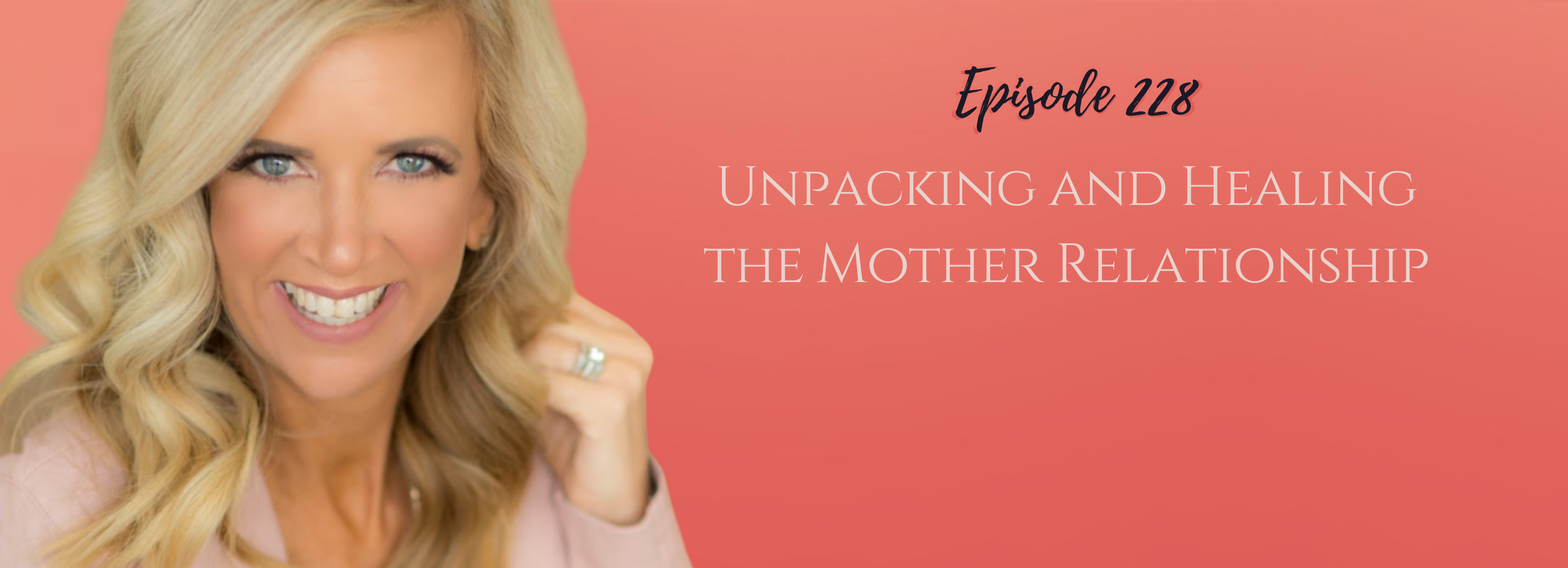
Unpacking and Healing the Mother Relationship with Laura Davis|8.30.2023
In this episode, Kristen talks with author Laura Davis about her latest memoir "The Burning Light of Two Stars: A Mother-Daughter Story," delving into the journey of healing and reconciling the mother-daughter relationship. The conversation highlights the profound insights gained from navigating a challenging family dynamic.
You'll Learn
- The intricacies of healing a complex mother-daughter relationship.
- Insights into the process of writing a deeply personal memoir like "The Burning Light of Two Stars."
- How vulnerability and honesty can transform storytelling and aid in personal growth.
- The challenges and rewards of navigating a difficult family dynamic.
- The power of introspection and self-discovery in shaping our understanding of the past and present.
Resources
For counseling services near Indianapolis, IN, visit www.pathwaystohealingcounseling.com.
Subscribe and Get a free 5-day journal at www.kristendboice.com/freeresources to begin closing the chapter on what doesn’t serve you and open the door to the real you.
This information is being provided to you for educational and informational purposes only. It is being provided to you to educate you about ideas on stress management and as a self-help tool for your own use. It is not psychotherapy/counseling in any form.